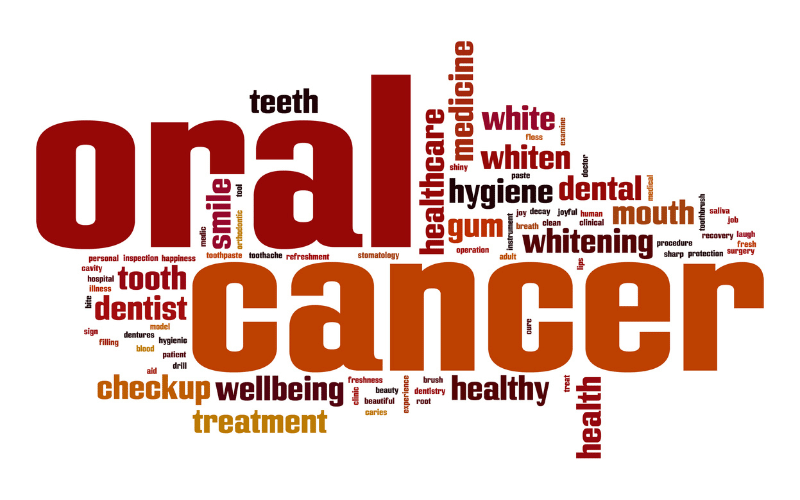Introduction: Unmasking the Silent Threat of Oral Cancer
Oral cancer, known to many as mouth cancer, is more than just a medical term; it’s a growing health concern that’s impacting lives globally. Every year, countless individuals are diagnosed, and understanding its causes can be a significant step in combating its rise. As you read on, you’ll find an in-depth exploration of the primary triggers of oral cancer, making you more aware and hopefully, better equipped to tackle or prevent it.

You might wonder why there’s such an emphasis on knowing these causes. The fact is, like any health condition, early detection and prevention are critical. Being informed helps you recognize the signs early and reduces your risk factors. Also, if you or your loved ones belong to high-risk groups, this knowledge becomes even more crucial.
Remember, oral cancer doesn’t discriminate. It could affect anyone, and while some causes are lifestyle choices that can be changed, others might be unavoidable factors. By shedding light on these causes, we aim to foster a clearer understanding and empower individuals to make informed choices.
Cause 1: Tobacco Use

Tobacco, in all its forms, stands as one of the most notorious contributors to oral cancer. Whether smoked as a cigarette or chewed, tobacco releases a cocktail of harmful chemicals. These chemicals, known as carcinogens, directly damage the cells in the mouth. Over time, this cellular damage leads to mutations and, eventually, cancerous growths.
Furthermore, it’s not just the traditional tobacco products that are of concern. The rise of e-cigarettes and vaping has introduced new challenges. Though marketed as safer alternatives, recent studies hint at their potential harm. While the full range of their risks remains under investigation, it’s clear that no form of tobacco is genuinely safe.
It’s also worth noting that tobacco’s impact isn’t limited to direct users. Secondhand smoke, inhaled by those around smokers, carries its own set of risks. Passive smokers, particularly children and pregnant women, are inadvertently exposed to these carcinogens, making the need for awareness and avoidance all the more critical.
Consequently, many global health agencies actively campaign against tobacco use. Through awareness programs, they aim to educate the masses about its dangers. With a concerted effort from society at large, it’s hoped that the menace of tobacco-related oral cancer can be curbed. (1)